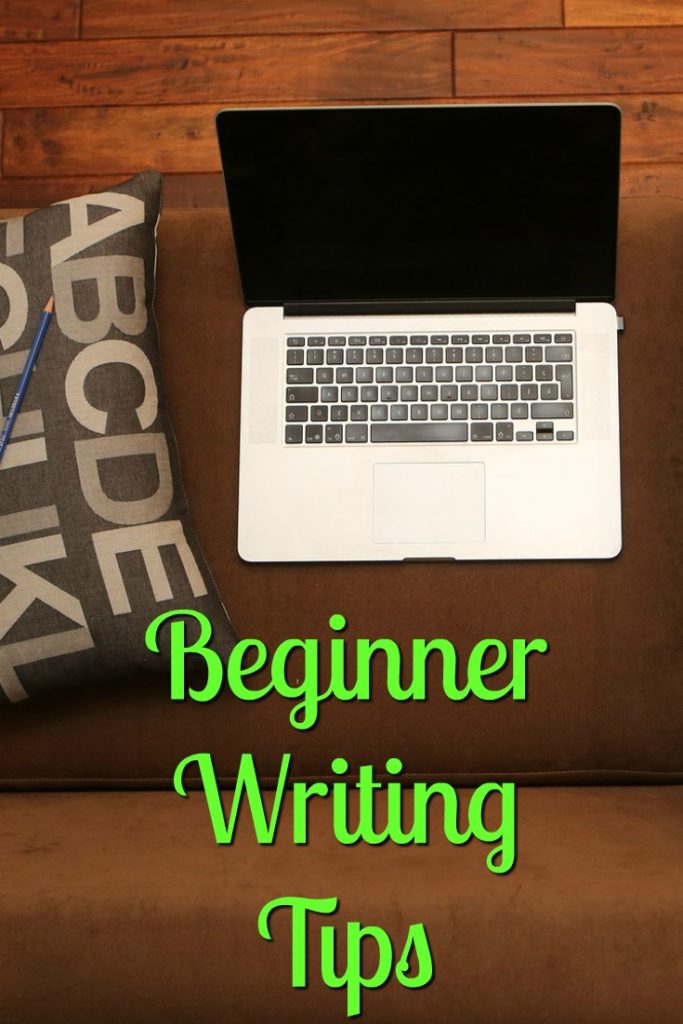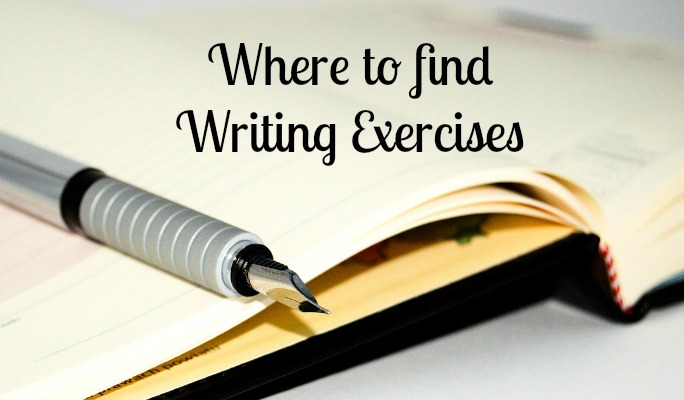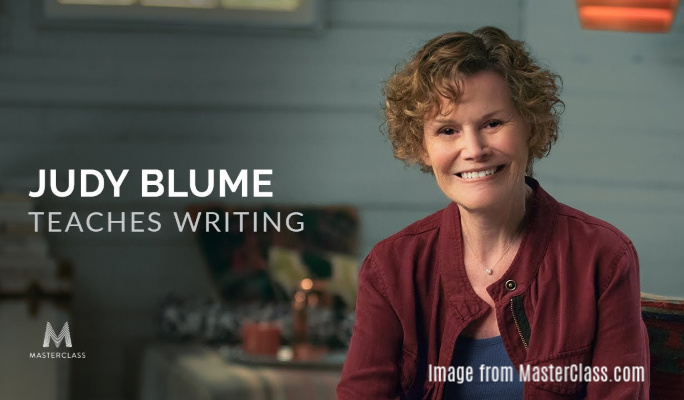People have often said to me, “I’ve always wanted to be a writer, but I’ve never tried because … [insert excuse.]”
If you’re one of those people, I totally understand where you’re coming from. 100%. For most of my life, I never thought it was possible for someone like me to write anything worth reading let alone be published until a hospital visit changed my mind. And even though I do struggle at times … like, a lot, I can tell you with complete certainty that yes, it is possible for you to be a writer because you have something no other person in the entire world has:
Your own unique voice.

I gotta warn you, though. This business is hard. Very hard. And it doesn’t matter if you have sold one, two, or twenty books. It doesn’t matter if you are traditionally published or self-published. It’s still hard. But to borrow from the amazing Tom Hanks in the movie, A League of Their Own:
“It’s supposed to be hard. If it wasn’t hard, everyone would do it. The hard is what makes it great.”
Okay. That quote has become quite overused. But seriously. It’s the TRUTH.
And the first time you hold an actual book with your name on it or you create a book jacket for a story that you created? Wow. Every one of those hard moments will be worth it. So on with the tips!
1. Write.
You fail only if you stop writing. ~Ray Bradbury
Being a writer requires only one thing: You must write. And write. And write some more, even if for just a few minutes a day. Continual writing is like practicing and every artist—no matter how accomplished—needs to practice. Take a famous concert violinist. Despite their brilliance, do they ever get to a point where they can simply walk onto a stage, grab new sheet music they’ve never seen before and perform it flawlessly? No, they need to practice first.
Same with a marathoner. Just because you cross the finish line in March doesn’t mean you can rest for three months with no running and think you can do the same in June. You need to practice. And learn. The moment you stop learning because you think you know it all is the moment you hit your high watermark, never growing, never getting better, never excelling.
2. Read.
Read everything — trash, classics, good and bad, and see how they do it. Just like a carpenter who works as an apprentice and studies the master. Read! You’ll absorb it. Then write. If it is good, you’ll find out. ~William Faulkner
Seriously, I could end this list with just write and read! To be a writer, you have to read.
To be honest, I’ve struggled with reading for the past few years and I’m conflicted about “you have to” statements. But when reading consistently makes you feel more connected to story and it teaches you, through subconscious learning, about plotting, characterizations, how to hook a reader and keep them hooked to the very end. So I am making more of an effort. Care to join me? Here are some tips!
3. Learn.
That is what learning is. You suddenly understand something you’ve understood all your life but in a new way. ~Doris Lessing
There’s a TON of fabulous books, websites, and Authortube videos that can greatly help you improve your writing! Some of my favorites are:
Blogs:
- The Creative Penn, so much info!
- Cynthia Leitich Smith’s website has an AMAZING wealth of information. (Love her.)
- Writers Helping Writers
- The Plot Whisperer, Martha Alderson has a fantastic 27-step tutorial on YouTube!
- The Purple Crayon. Fabulous, fabulous, fabulous.
- The Snowflake Method, by Randy Ingermanson, a wonderful plotting technique!
- Terrible Minds, Chuck Wendig
- Writer Unboxed, awesome for both beginners and pros.
- Writing for Kids (while raising them,) Tara Lazar
YouTube Channels:
- Heart Breathings
- Abbie Emmons
- Writing with Jenna Moreci
- Alexa Donne
- Hello, Future Me
- Ellen Brock
- Vivien Reis
- iWriterly
- ShaelinWrites
- Kate Cavanaugh
Books on Writing:
Here’s a list of my favorites!
Podcasts:
I need to write a blog post about my favorite podcasts, but until then, here’s a fantastic list!
4. Connect with Other Writers
Writing is no longer a lonely venture. There are SO MANY ways to connect with other writers … ones that I’m now discovering for myself as well! Places like:
- Facebook groups you can find by doing searches.
- Twitter using hashtags like #writingcommunity to find fellow kindred spirits!
- TikTok using popular hashtags like #authorsoftiktok #authortok booktok
Writing Organizations
If your focus is children’s literature, I have to give a major shoutout to the Society of Children’s Book Writers & Illustrators! SCBWI was a tremendous part of my writing journey. It’s how I met dear writing friends, mentors, my former agent, and editors! The dues you pay are well worth it! Once you register, visit your regional chapter’s website and join any listservs, email groups, or subscribe to their blog so you’ll be notified of any regional events or activities.
I’ve also heard amazing things about the Romance Writers of America Organization and Women’s Fiction Writers Association! There are state groups like the Maryland Writers Association as well as weekend virtual conference opportunities like Yallwest Book Festival in April. (You can watch all the sessions on YouTube!)
5. Always put craft before publication.
So many times, writers—both new ones and seasoned pros—get so bogged down in their pursuit of publication that they forget to concentrate on what’s most important: Improving their craft and writing, writing, writing, because a beautifully written, amazing book will sell.
Passion before publication, my friend. Always.
6. Find a critique partner or group.
I love your momma. Your dad is wonderful and your friend/spouse/partner is fantastic, but unless they are writers or are in the publishing business, don’t show them your rough drafts because there’s a good chance they might over-coddle you with stuff like, “Oh, honey, this is sweet! You’re so cute.” Or they’ll accidentally crush your spirit by saying, “Um, I didn’t get this,” or “huh, I just watched a movie that’s exactly the same.”
Been there, experienced that.
They don’t understand that rough drafts are, indeed, supposed to be … well, rough! It’s best to join a critique group and have your manuscripts read by people who understand the concept of editing.
I should, however, confess that my mother is the only person who reads my rough drafts, but she’s not your typical “oh, that’s so cute,” mom. No, she’s brutal!
7. Don’t compare your writing journey with others.
Okay, I feel like a hypocrite with this one, because I’m constantly comparing my career with other writers, especially ones who had debut books come out the same year as mine. And after Beauty Shop for Rent was released, it was tough hearing about them selling another book … and another … and yet another, whereas I was struggling in a horrible second-book slump until Just Flirt sold.
And here we are, many years later, and I’m still comparing.
But seriously. When it comes to writing, there are no finish lines. It’s a journey–a crazy, hard journey that might drive you insane but will fulfill you in ways you’ve never expected. And every one of us is on our own path that is completely different from each other, so it’s not fair to doubt yourself when you see writers taking steps before you do, such as signing with an agent or selling a book. Why? Because next year, you might be taking the same step. You might even be taking three steps! And although there are many elements in this business that is out of your control, there is something you can control: Your work habits, which brings me to:
8. Constantly evaluate your work habits
At least once a month, take a hard look at yourself and ask questions like:
Am I dedicating enough hours to writing or are procrastination and my to-do list taking over?
Am I spending more time on social media than on my manuscript?
Have I been reading enough?
Have I been taking the time to hone my skills, and improve my craft?
What are other writers doing to improve their careers?
And most importantly, what can I do to improve mine?
By doing these constant evaluations, you will keep your goals and work habits in check and on the right path toward publication.
9. Be Your Own Advocate
Look, not to sound harsh or anything, but nobody is going to have more of a vested interest in your career than you will–not your agent, not your editor, and certainly not your publisher. They’re in the business of selling great books, not nurturing careers or holding hands, and if you can’t deliver a great book, then there are other debut authors who will. So always protect yourself by working hard and being your own advocate!
Feel as though you need more of a mental tune-up? Here’s some wonderful books that have helped me:
10. And finally, never, NEVER quit.
If you do, there will be an empty hole in your heart that will never go away. I mean, so what if you’ve been writing picture books for years and have over 100 rejections? You know what? 101 could be your lucky number. Or maybe you’re not having success with picture books because you’re actually a natural young adult writer, but you’ve been resisting writing a novel because it’s too intimidating. Yeah. Been there, done that, and it wasn’t until I embraced my voice–with all its quirks–that I wrote a story worth selling.
And let’s say you’ve been working on a manuscript for two years but it just isn’t working. (Again. Been there, done that.) Rather than spinning wheels for another two years, step back and ask yourself: Is this story strong enough for today’s market? If your honest answer is no, then shelf it. Yes, I know. It’s hard admitting defeat, especially after investing so much time. But to continue with a story you know is going nowhere will only keep you from writing one that will.
Best of luck with your writing . . . and your journey!






